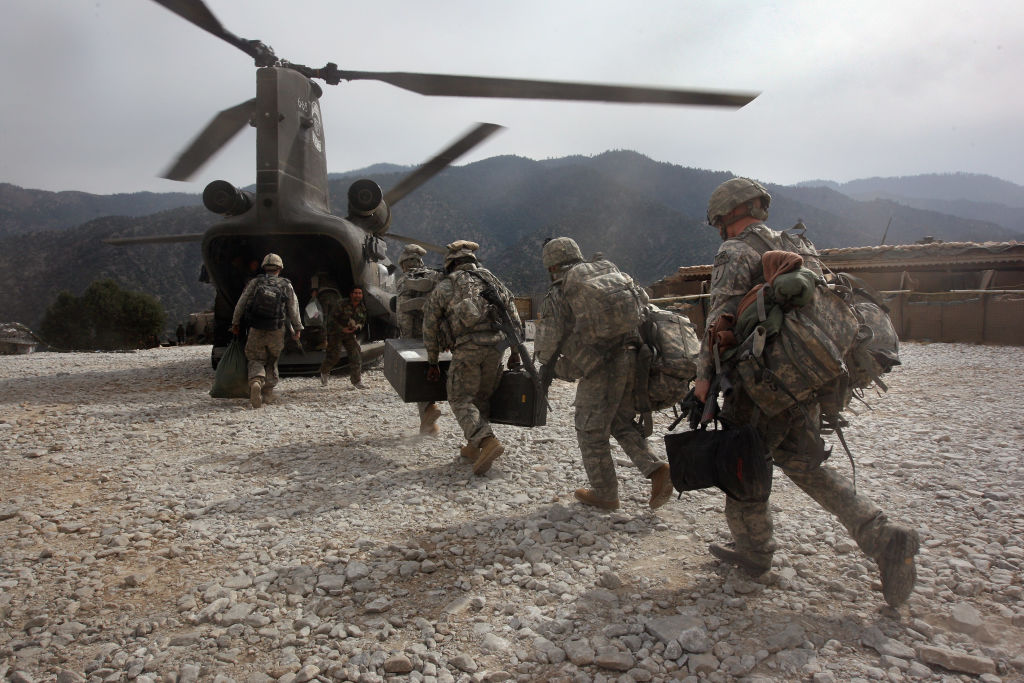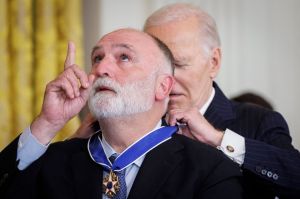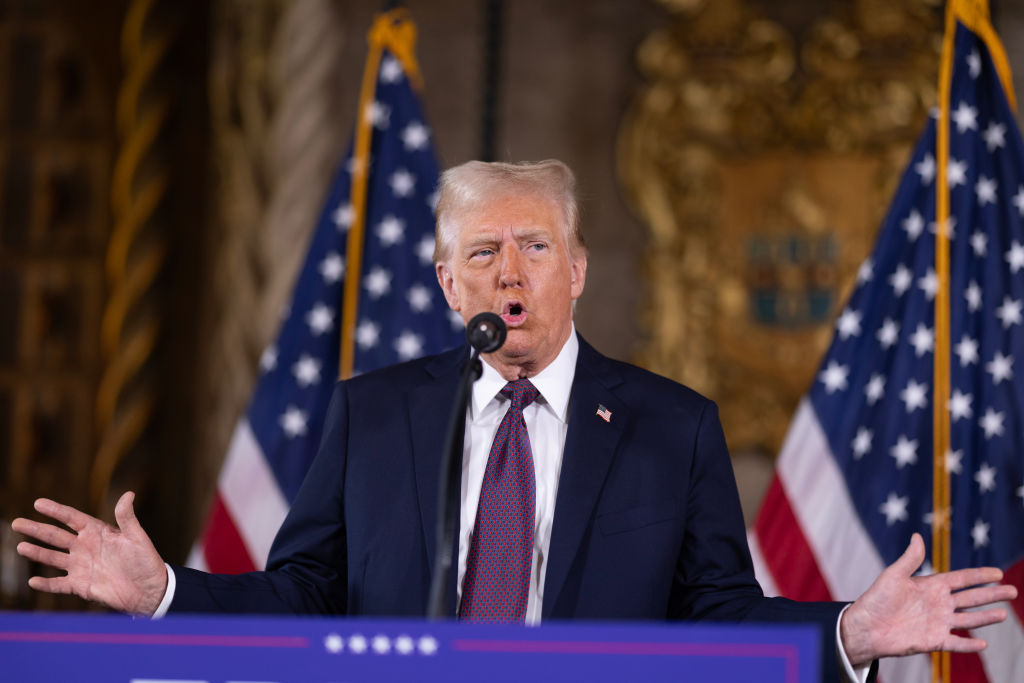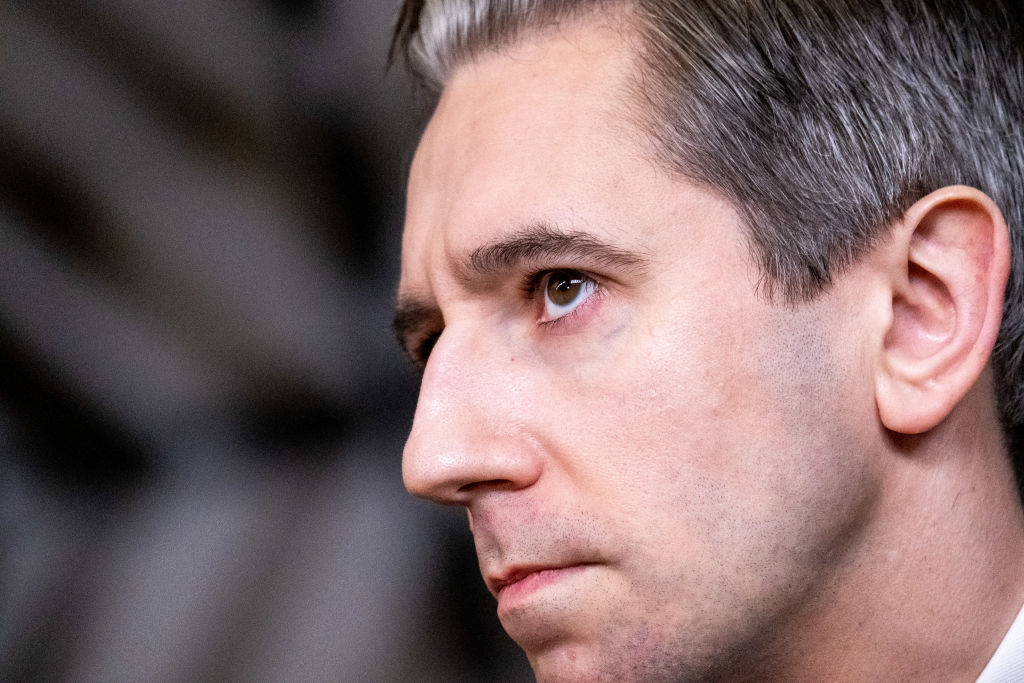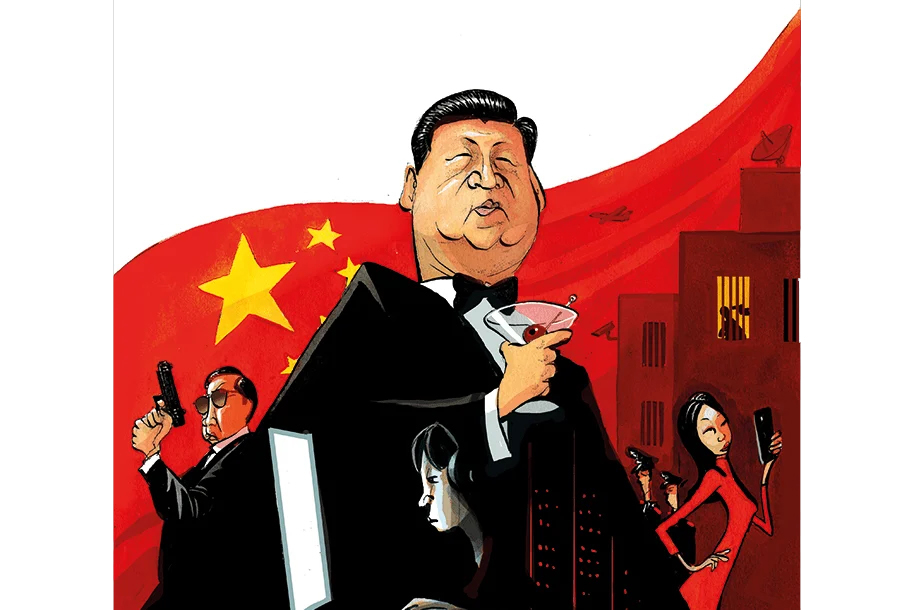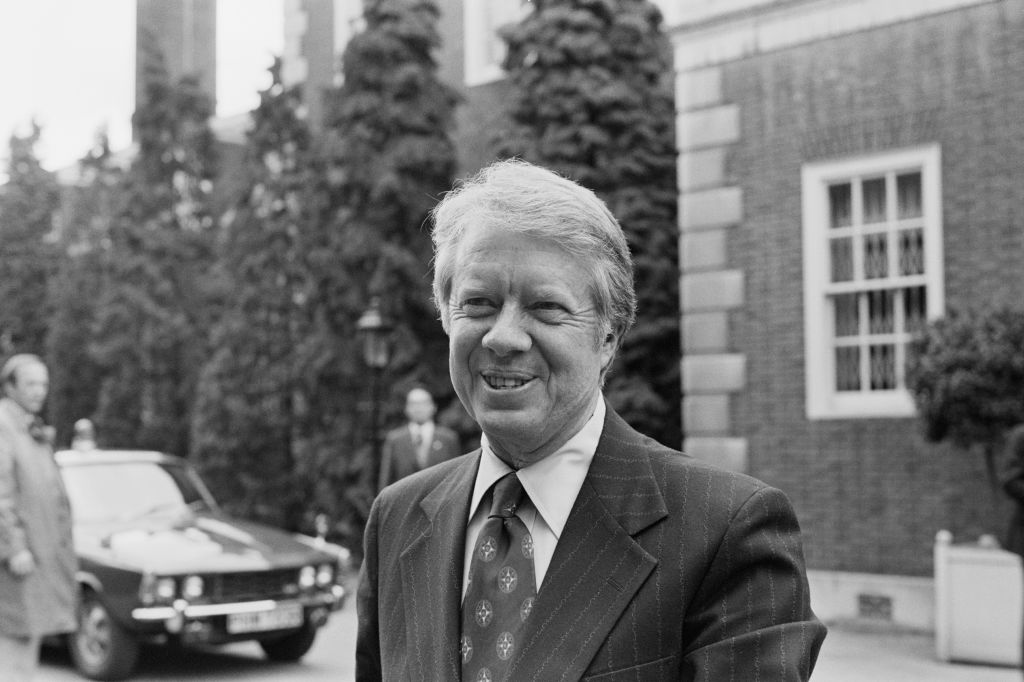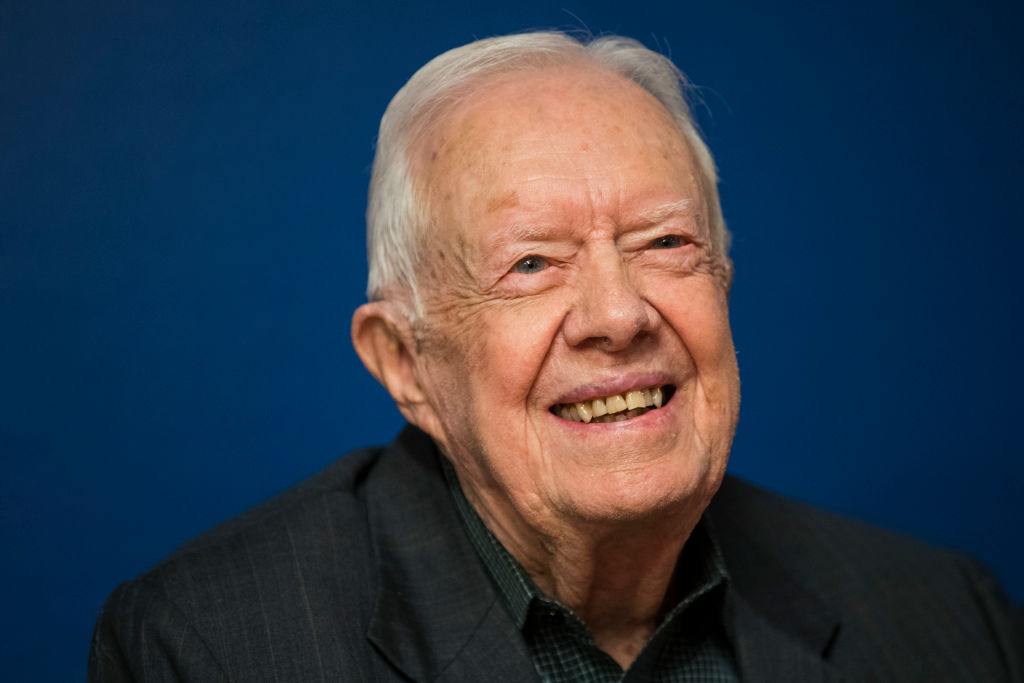For 20 years America built a Potemkin village and called it Afghanistan. Now this cardboard democracy has been trampled down in a matter of days by the Taliban. The speed and comprehensiveness of the rout cannot be explained by Joe Biden’s blunders. The war has drawn to a humiliating end not because of a weak president’s missteps in the final weeks but because the entire project was misconceived. Afghanistan was not ready for democracy and trillions of dollars in American aid could not even begin to change that fact.
With US and allied forces providing security, the Afghan government did not even have to fulfill the most basic function of any state. The Afghan government lived off charity — foreign money, foreign arms. How can anyone be the slightest bit surprised what happens the moment the money and arms (and the troops bearing them) disappear?
Yet Americans cherish illusions. Our country is a worldwide imperial power that is also an invincibly self-righteous liberal democracy. This means it is both inept as an imperialist and hypocritical as a humanitarian force.
Perhaps this is a saving grace: an effectively imperial America would be truly terrifying, and as the old saying goes: if we didn’t have hypocritical values we would have none at all.
The Afghans are not all that worse off for having had a 20-year hiatus from Taliban rule, at least the ones who survived the conflict aren’t. America is worse off for the trillions wasted and thousands of its contractors’ and soldiers’ lives lost. But America is large and rich enough that few have felt the pain.
A cavalcade of generals lied to the public for two decades about the readiness of the Afghan forces they had been training all those years. But there are Americans who live by lies, not only in the Pentagon or the White House but in the media, the think tanks, and among the parts of the public who are sufficiently moved to have feelings about the plight of Afghanistan but not sufficiently interested to do any serious thinking about it.
The new lie that has swiftly replaced the old one about readiness — as swiftly as the Taliban have replaced the US-backed regime — is that the price America paid for an open-ended occupation could be afforded forever. What’s a few trillion? Don’t the soldiers and contractors know that they’re signing up to risk their lives? Isn’t it noble if they die for Afghan women’s rights?
The people who drug themselves with these comforting thoughts – comforting in that they affirm their own righteousness and power — are poor students of political psychology and history. A lost war does less damage to a country like the United States than a war that cannot be won. Losing in Vietnam, the humiliation of evacuating the embassy in 1975, was a shame that Americans quickly overcame. Vietnam still haunted the America of the Reagan years, but the memory spurred the country to rebuild its morale, as well as its military.
The contrast between America during the Vietnam era, when once before we were all lied to about the proximity of victory and the ability of South Vietnam to survive, and America after we had finally left is a night-and-day contrast between despair and, in less than a decade, renewed spirit.
Losing is bad but allows for recovery. Perpetually losing – propping up something that cannot exist on its own — is a bottomless drain for morale. Afghanistan was far from the forefront of Americans’ minds in recent years, but whenever they did have occasion to recall the war, they could only wonder what it had achieved and when it would end. As long as the war continued, the country remained trapped in the strategic atmosphere of 2006. ‘Endless wars,’ ‘forever wars’ — these terms made sense not only as applied to the conflict in Afghanistan but in a wider, figurative way to the sense that George W. Bush had started something neither he nor his successors could finish. An incubus was upon the nation’s breast.
The situation was not comparable to the never-ending deployment of US troops in Europe and Japan. No American thinks of those deployments as ongoing wars—because they are not ongoing wars: there is no enemy Americans are fighting in Germany or Japan. Nor is South Korea a plausible parallel to democratic Afghanistan: South Korea is wealthy, stable, far more populous than its enemy to the north. And the South Korean state was built by a series of strongmen of precisely the sort that America’s post-Cold War liberal and democratic nation-building disallows. Whether even a Syngman Rhee or Park Chung-hee could impose order on a place like Afghanistan, however, may be doubted.
Yet if there is any hope for liberalism or democracy in such a tribal, sectarian, stateless place, it would require a brutal autocrat prepared to refound the entire society, breaking blood ties and replacing religion with a new creed, or a distinctly new modification of the old one. Kemal Atatürk had to do something like that to create modern Turkey, but Atatürk had much more promising material to work with. And the institutional guardian of even so much liberalism as Atatürk made possible was not democracy, but a Kemalist military ‘deep state’ which has lately been uprooted by an Islamist democrat.
As long as the Afghan war continued, America could not escape an epoch of failure. And the inability of our vision of the good life to prevail against the alternative represented by the Taliban — even with overwhelming force and wealth on our side — is a dire lesson. Religious zeal and fear for one’s life are far more powerful motives than the Western cult of individual pleasure or the freedom to vote for the likes of a Karzai or Ghani or Bush or Biden. The Taliban are not about to invade America. But we have lived too long by lies at home as well as abroad, and unless we confront the hollowness that grows in our own nation’s soul, and rediscover a nobler liberty in our own land, we will soon find that Afghanistan is not the only Potemkin village.



